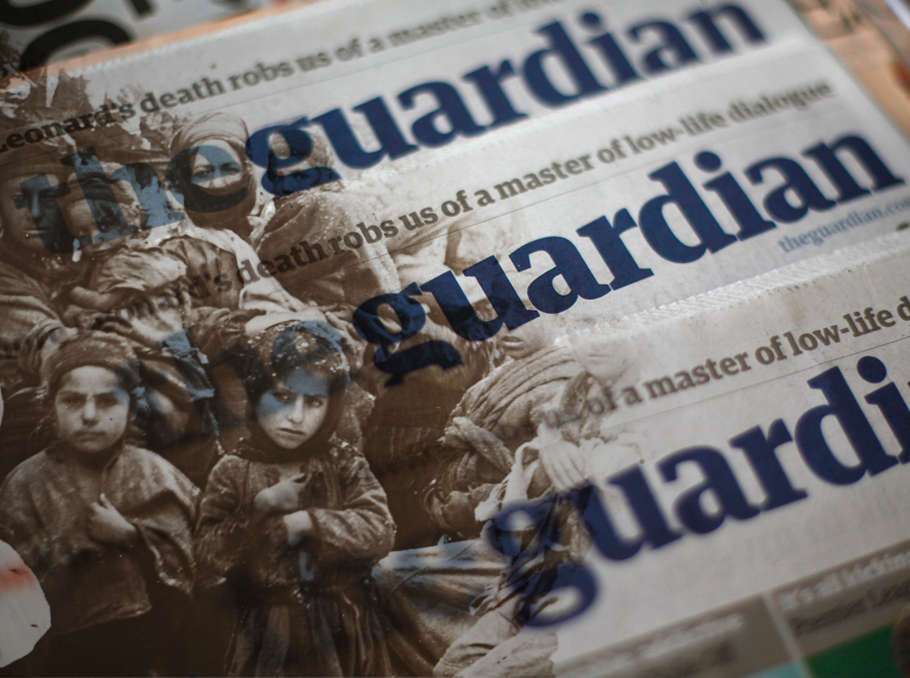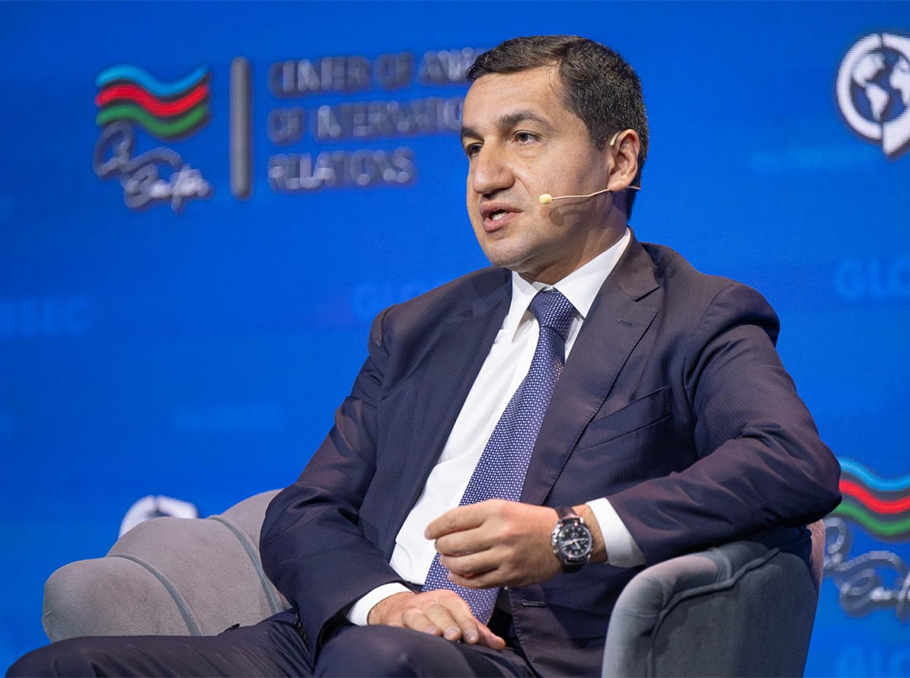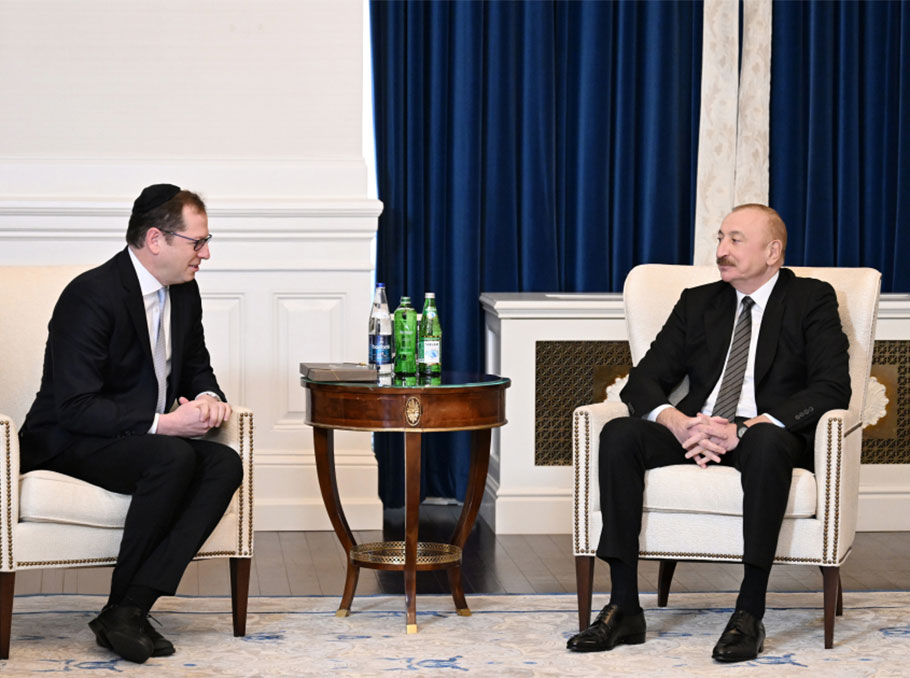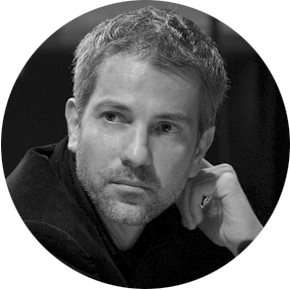The Guardian pays special attention to the centenary of the Armenian Genocide. Recently, The Guardian's Middle East Editor Ian Black paid a visit to Yerevan and wrote a series of articles. Besides, the newspaper suggested its readers that they shared their stories on genocide. Mediamax decided to learn the details of this initiative from Maeve Shearlaw from The Guardian’s World Networks as she leads in the project.
- How the idea of collecting the Armenian Genocide stories arose?
- The idea came from a similar project ran by the Guardian to mark the centenary of World War One. After the Observer journalist Toby Helm shared the story of his grandfather’s war time experiences, based on his diary entries and letters that he had recently found, we asked our readers to do the same resulting in over 800 stories from across Europe which we used in our coverage.
- How many stories have you received so far? Do you receive the stories mainly from Diaspora Armenians, or also from Armenia?
- Over 500. We’ve been overwhelmed at the responses we’ve had, from first-hand experiences of persecution to how the massacre has shaped people’s family trajectories 100 years on. In the words of one reader: “there is almost no Armenian family in the world without a story about 1915”. Numerous people have got in touch to thank the Guardian for paying attention to the issue, we even received an invitation to a wedding in Stepanakert, Nagorno-Karabakh Republic.
- Do you plan to verify the stories in any way? If yes, what will be the mechanisms?
- Verification integral to all of the Guardian’s user generated projects. We asked everyone uploading submissions to share email addresses and have followed up to clarify details. A lot of the stories we’ve used are based on transcripts recorded by the ancestors of survivors, some of whom are still alive.
We have also made an effort to map the testimonies to the widely accepted historical version of events – but recognise that these are disputed. That being said it is difficult to fully verify all of the details in people testimonies as many of the people who have since passed away and the stories have been passed from generation to generation, so we must, and will, be transparent about that.
- How you will be "utilizing" the stories? I guess you can't publish all the stories, do you have any plan for those that will not appear in The Guardian?
- It’s important to me that we use as much of content as we can. I am in the process of writing a elegiac piece based on the responses which we’ll publish on the site to mark the anniversary, we’ll also be pulling a collection of the other stories into an interactive template, a format we’ve previously used on everything personal accounts of racial profiling in the US after Michael Brown was shot by police Ferguson to the experiences of the LGBT community around the world. These pieces will run alongside other coverage of the centenary which can be found here.
- Do you think that the collected material could become a book or some multimedia project?
- As I said it’s important to us that we use as much as the content as we can, but there are no immediate plans for a book and whilst the interactive is a multimedia project of sorts i’m sure more can be done – we are open to ideas.
Ara Tadevosyan talked to Maeve Shearlaw





















